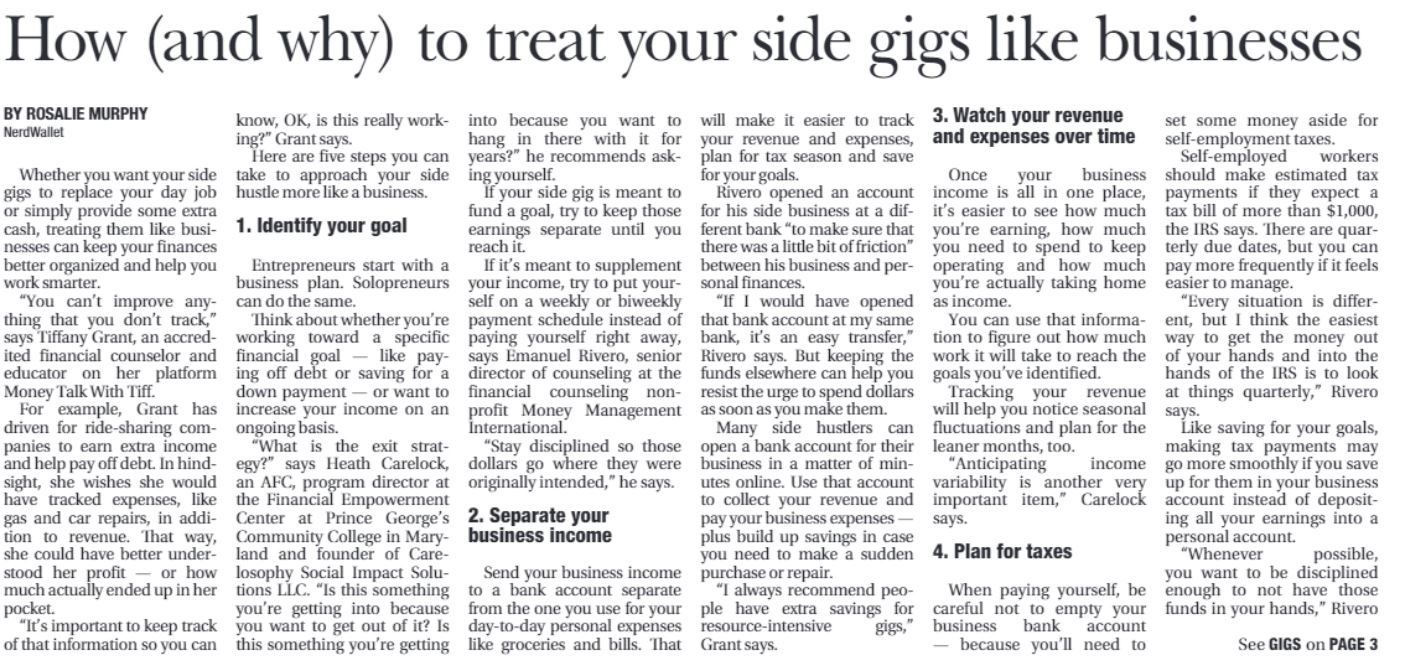1. Define Your Goals:
Just like any successful business, clarity of purpose is fundamental. Ask yourself: What do I aim to achieve with my side gig? Is it financial independence, creative fulfillment, or something else? Establish specific, measurable, achievable, relevant, and time-bound (SMART) goals to guide your efforts.
2. Develop a Business Plan:
A well-thought-out business plan serves as a roadmap for your side gig. Define your target market, articulate your value proposition, outline revenue streams, and set a budget. While it doesn't need to be as elaborate as a corporate plan, it should provide a clear direction and help you stay focused on your objectives.
3. Prioritize Time Management:
Balancing a side gig alongside other commitments demands effective time management. Treat your side gig with the same level of respect as your primary job. Set aside dedicated blocks of time for tasks such as product development, marketing, and customer service. Tools like calendars, to-do lists, and productivity apps can be invaluable in maximizing productivity.
4. Invest in Professional Development:
Continuous learning is essential for personal and business growth. Invest time and resources in acquiring new skills relevant to your side gig. Whether it's attending workshops, online courses, or seeking mentorship, honing your expertise will enhance the quality of your offerings and differentiate you from competitors.
5. Build a Strong Brand Identity:
Your side gig is not just about what you offer but how you present it to the world. Develop a compelling brand identity that reflects your values, resonates with your target audience, and sets you apart in the marketplace. Consistency in branding across your website, social media profiles, and marketing materials will enhance recognition and trust.
6. Focus on Customer Experience:
Happy customers are the lifeblood of any successful business. Prioritize delivering exceptional customer service and building meaningful relationships with your clientele. Solicit feedback, address concerns promptly, and go the extra mile to exceed expectations. A satisfied customer is not just a one-time sale but a potential advocate for your brand.
7. Monitor Finances Closely:
Effective financial management is crucial for the sustainability of your side gig. Keep meticulous records of income and expenses, set aside funds for taxes, and regularly assess your financial performance against your goals. Consider consulting with a financial advisor or using accounting software to ensure accuracy and compliance.
8. Scale Strategically:
As your side gig grows, resist the temptation to overextend yourself prematurely. Scale your operations gradually, reinvesting profits into areas such as marketing, product development, or hiring assistance. Maintain a keen focus on maintaining quality and customer satisfaction throughout periods of expansion.
9. Stay Flexible and Adapt:
The business landscape is constantly evolving, and agility is key to survival. Remain open to feedback, market trends, and emerging opportunities. Be willing to pivot your strategy or explore new avenues if it aligns with your long-term vision and enhances the viability of your side gig.
10. Celebrate Milestones:
Amidst the hustle and bustle of entrepreneurship, it's essential to pause and celebrate your achievements. Whether it's reaching a sales milestone, launching a new product, or securing a significant partnership, take the time to acknowledge your progress and express gratitude for the support of your customers and supporters.
In conclusion, treating your side gig like a business is not just a mindset shift; it's a commitment to excellence, resilience, and growth. By applying strategic planning, dedication, and a customer-centric approach, you can transform your passion project into a thriving and sustainable venture. Remember, every successful business started as a small idea—yours could be the next success story.
The Daily Herald had an article on Sunday February 18th 2024 that gets into the finances of it all:
https://www.dailyherald.com/20240218/small-business/how-and-why-to-treat-your-side-gigs-like-businesses/



 RSS Feed
RSS Feed


